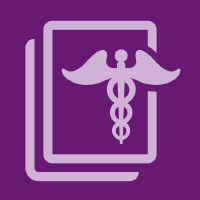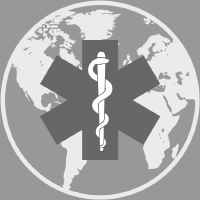Topic Editors


Teaching Social Sciences and Humanities in Medicine, Allied Health and Social Care
Topic Information
Dear Colleagues,
Teaching social sciences and humanities to students on medical and health courses, such as medicine, allied health (including nursing, midwifery, physiotherapy, pharmacy), and social care, has been acknowledged as challenging and demanding. Educators on such courses commonly make a special effort to gain and maintain students’ interest and show the relevance of social sciences and humanities for their future healthcare practice. This Topic welcomes contributions on teaching and learning social sciences in its broadest sense (including sociology, psychology, anthropology, medical and health humanities, etc.), around curriculum development for healthcare and allied healthcare education, and/or how social sciences and medical humanities have contributed to students’ development as professionals and helped the communities they serve and the patients receiving healthcare. Research articles, reviews, and perspective and concept papers are welcomed. In the event that your work is not reflected in the above description and you are interested in submitting to this Topic, please contact Professor Costas S. Constantinou constantinou.c@unic.ac.cy.
Prof. Dr. Costas S Constantinou
Prof. Dr. Lisa Dikomitis
Dr. Eirini Kampriani
Dr. Jeni Harden
Topic Editors
Keywords
- social sciences teaching
- medical education
- health humanities
- curriculum development
- healthcare students
- medical education
- health education
- medical anthropology
Participating Journals
| Journal Name | Impact Factor | CiteScore | Launched Year | First Decision (median) | APC | |
|---|---|---|---|---|---|---|

Education Sciences
|
3.0 | 4.0 | 2011 | 24.9 Days | CHF 1800 | Submit |

European Journal of Investigation in Health, Psychology and Education
|
3.2 | 3.5 | 2011 | 20.1 Days | CHF 1400 | Submit |

Healthcare
|
2.8 | 2.7 | 2013 | 19.5 Days | CHF 2700 | Submit |

Humanities
|
0.3 | 0.7 | 2012 | 30.4 Days | CHF 1400 | Submit |

Societies
|
2.1 | 2.3 | 2011 | 32.6 Days | CHF 1400 | Submit |

International Journal of Environmental Research and Public Health
|
- | 5.4 | 2004 | 29.6 Days | CHF 2500 | Submit |

MDPI Topics is cooperating with Preprints.org and has built a direct connection between MDPI journals and Preprints.org. Authors are encouraged to enjoy the benefits by posting a preprint at Preprints.org prior to publication:
- Immediately share your ideas ahead of publication and establish your research priority;
- Protect your idea from being stolen with this time-stamped preprint article;
- Enhance the exposure and impact of your research;
- Receive feedback from your peers in advance;
- Have it indexed in Web of Science (Preprint Citation Index), Google Scholar, Crossref, SHARE, PrePubMed, Scilit and Europe PMC.



